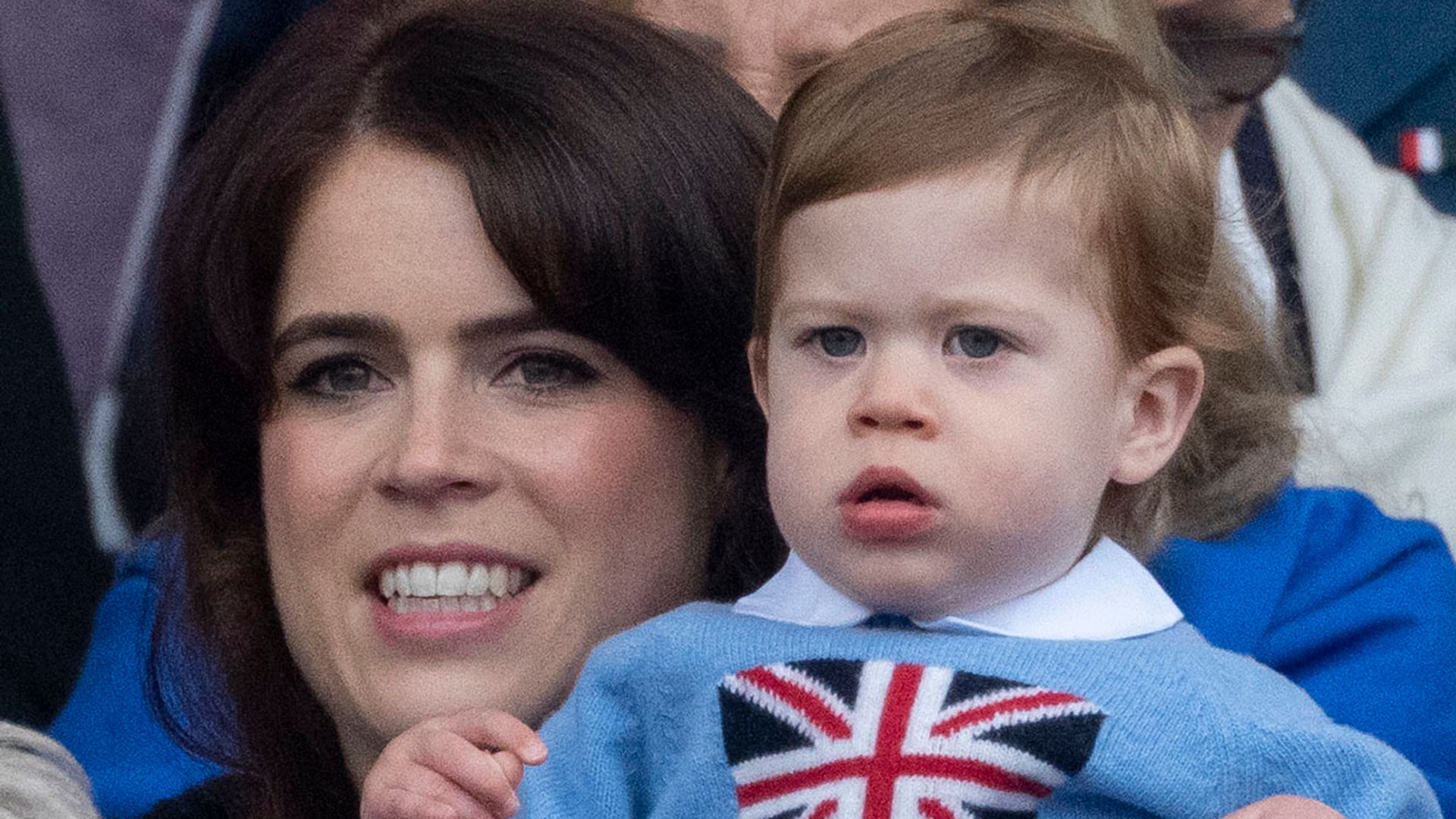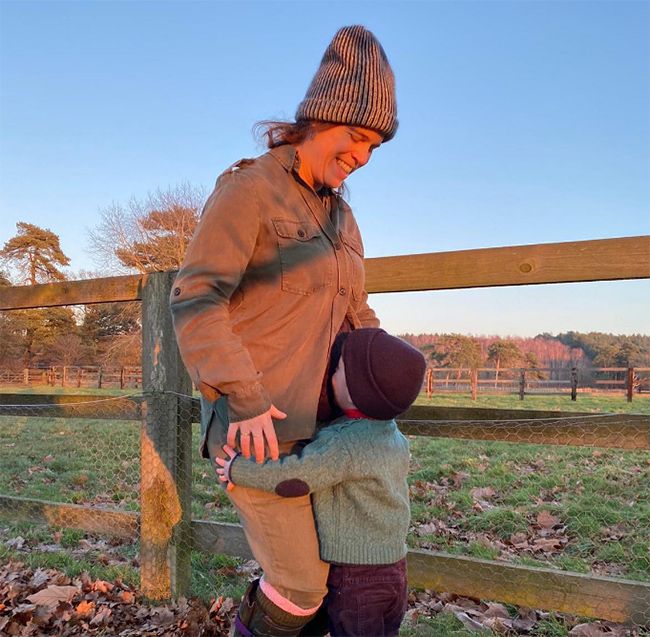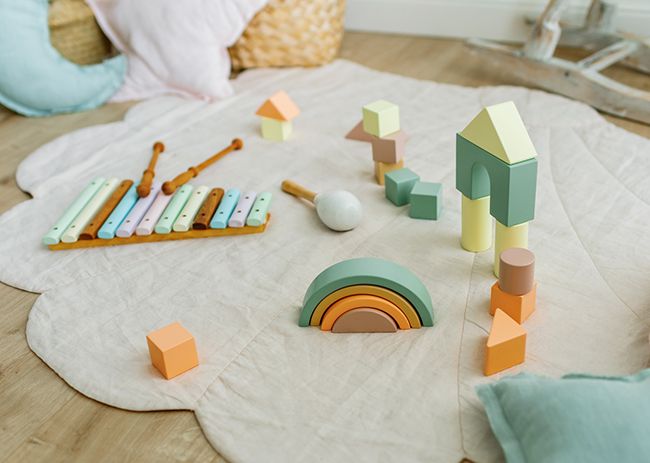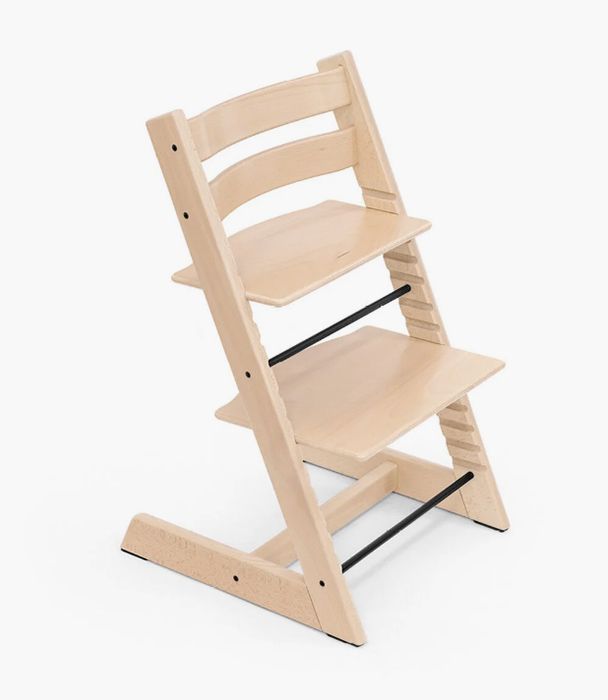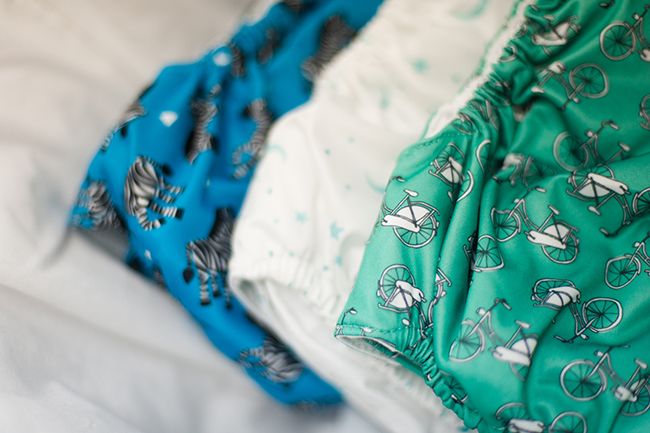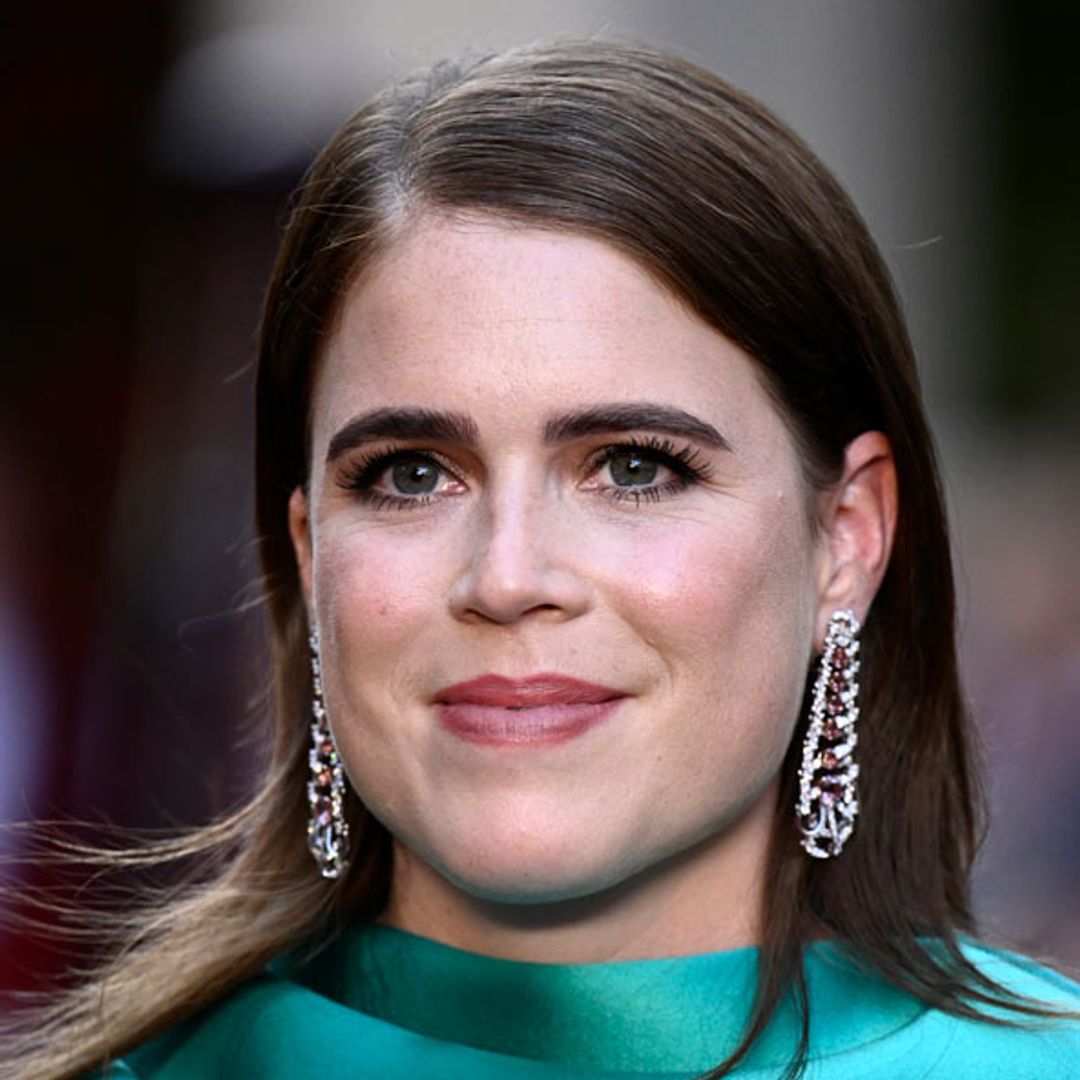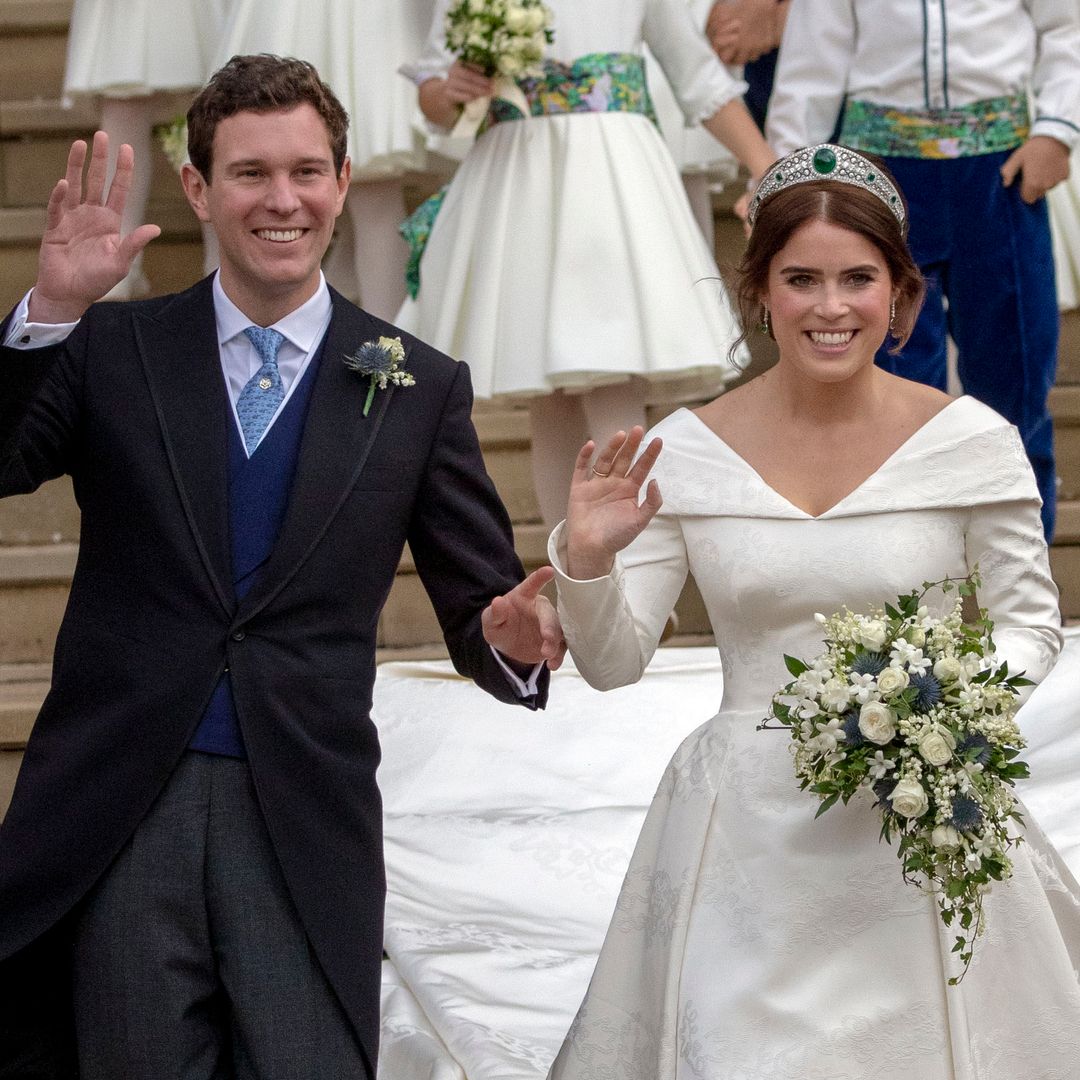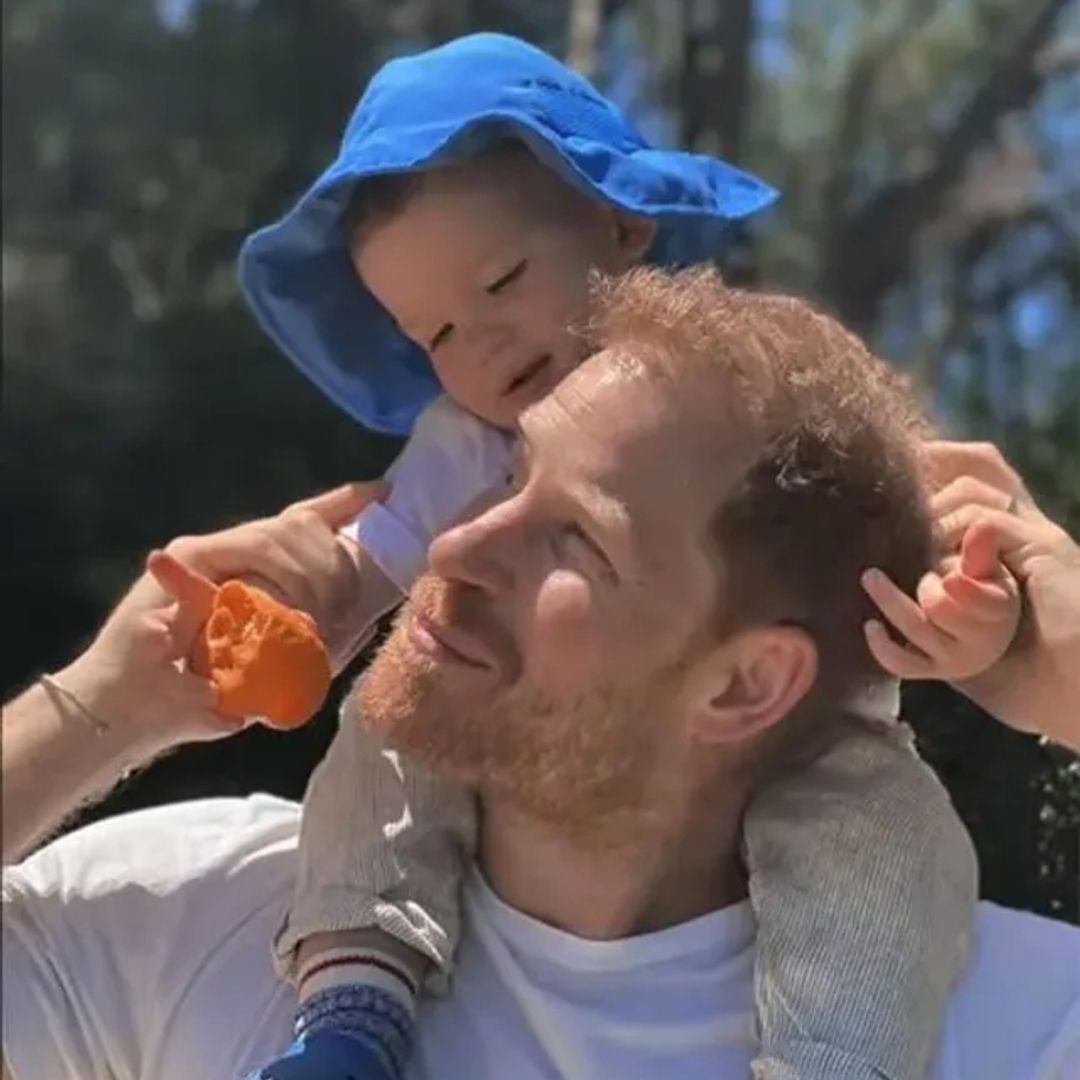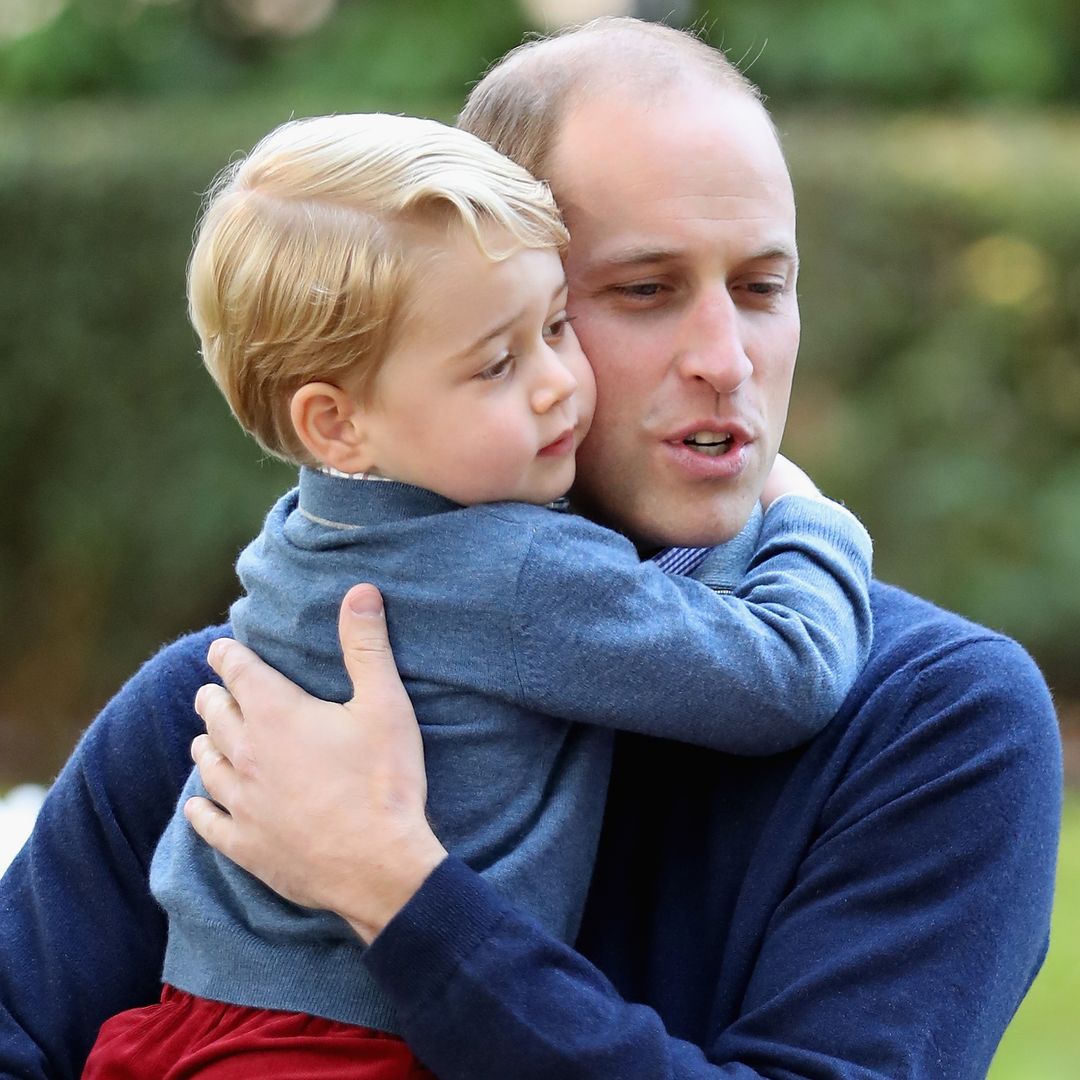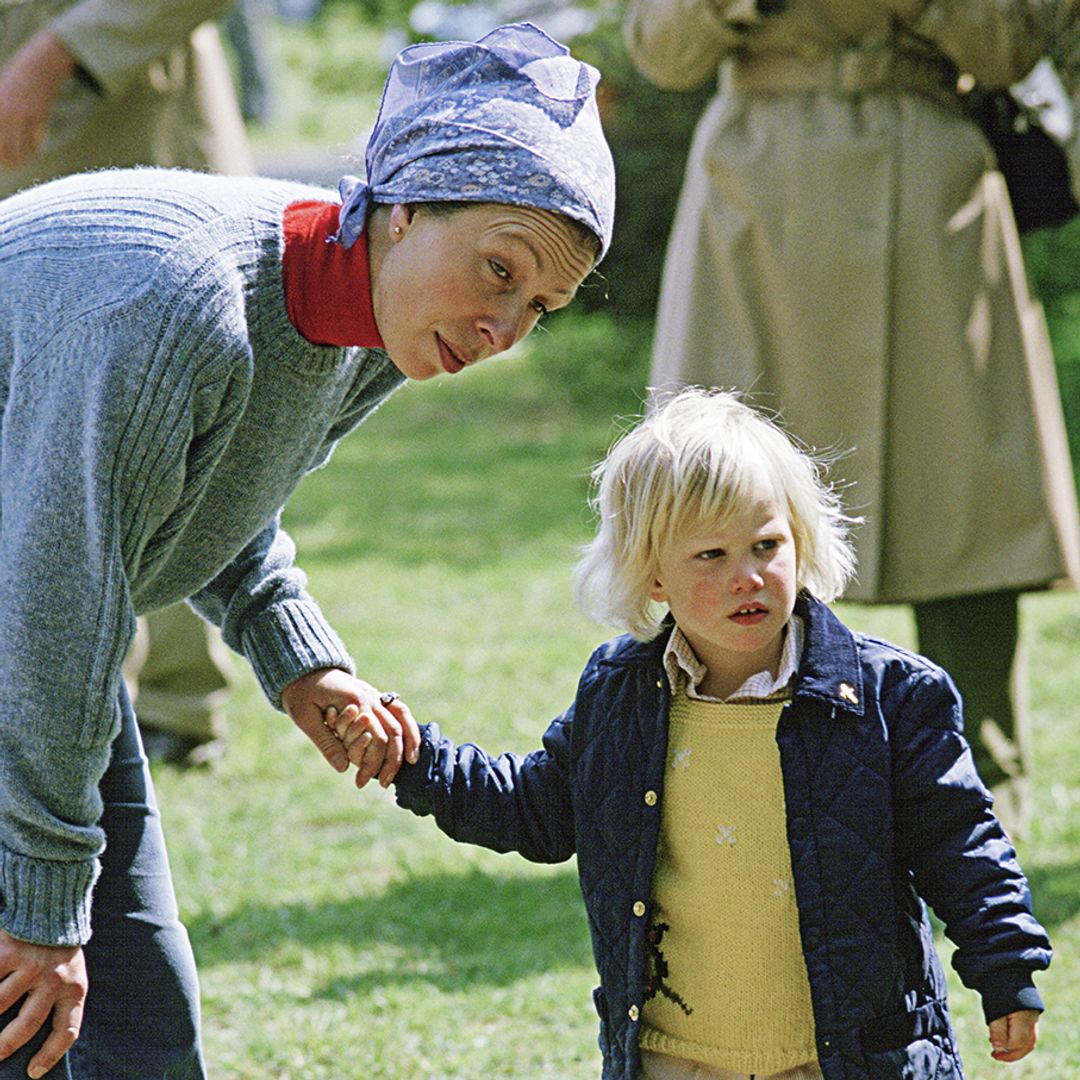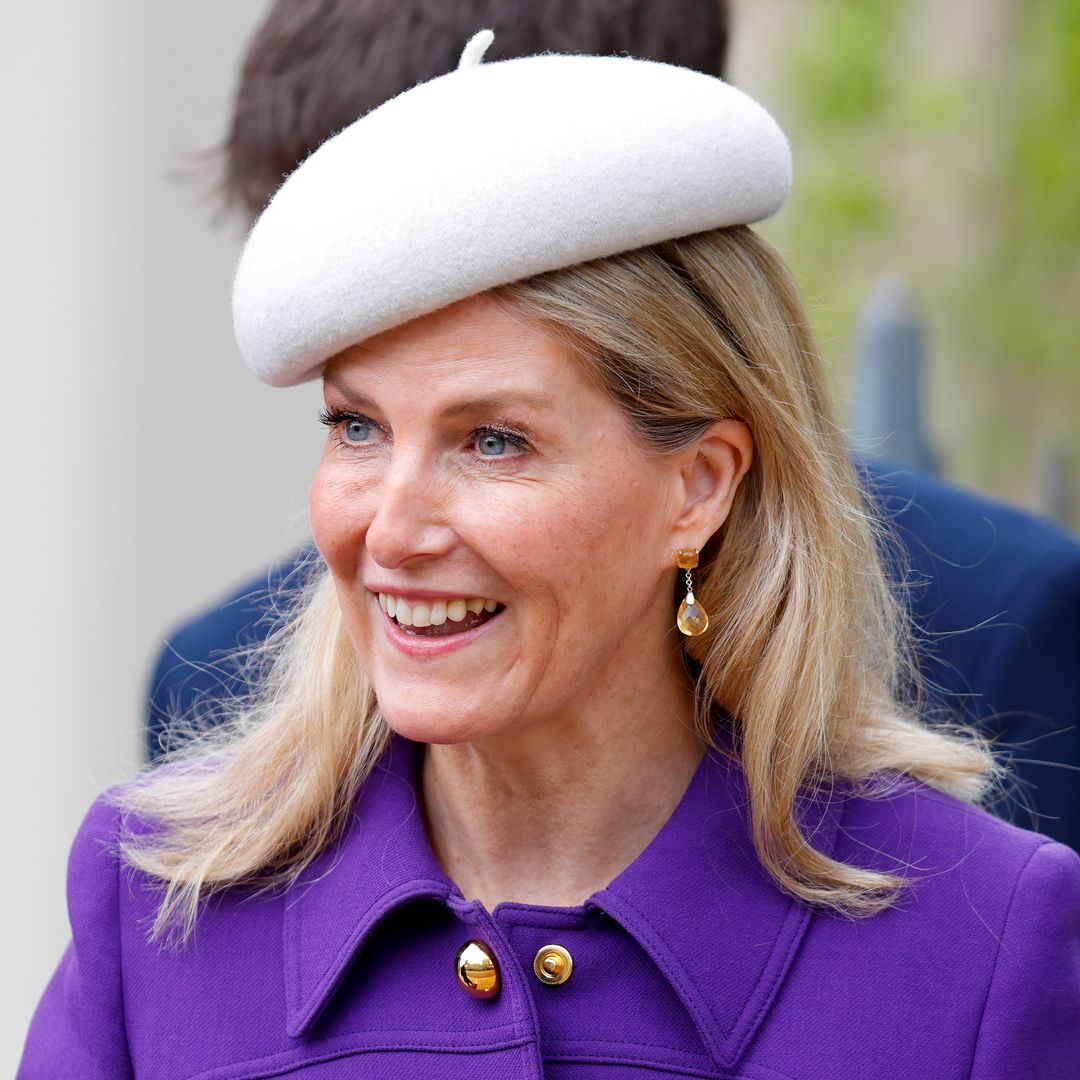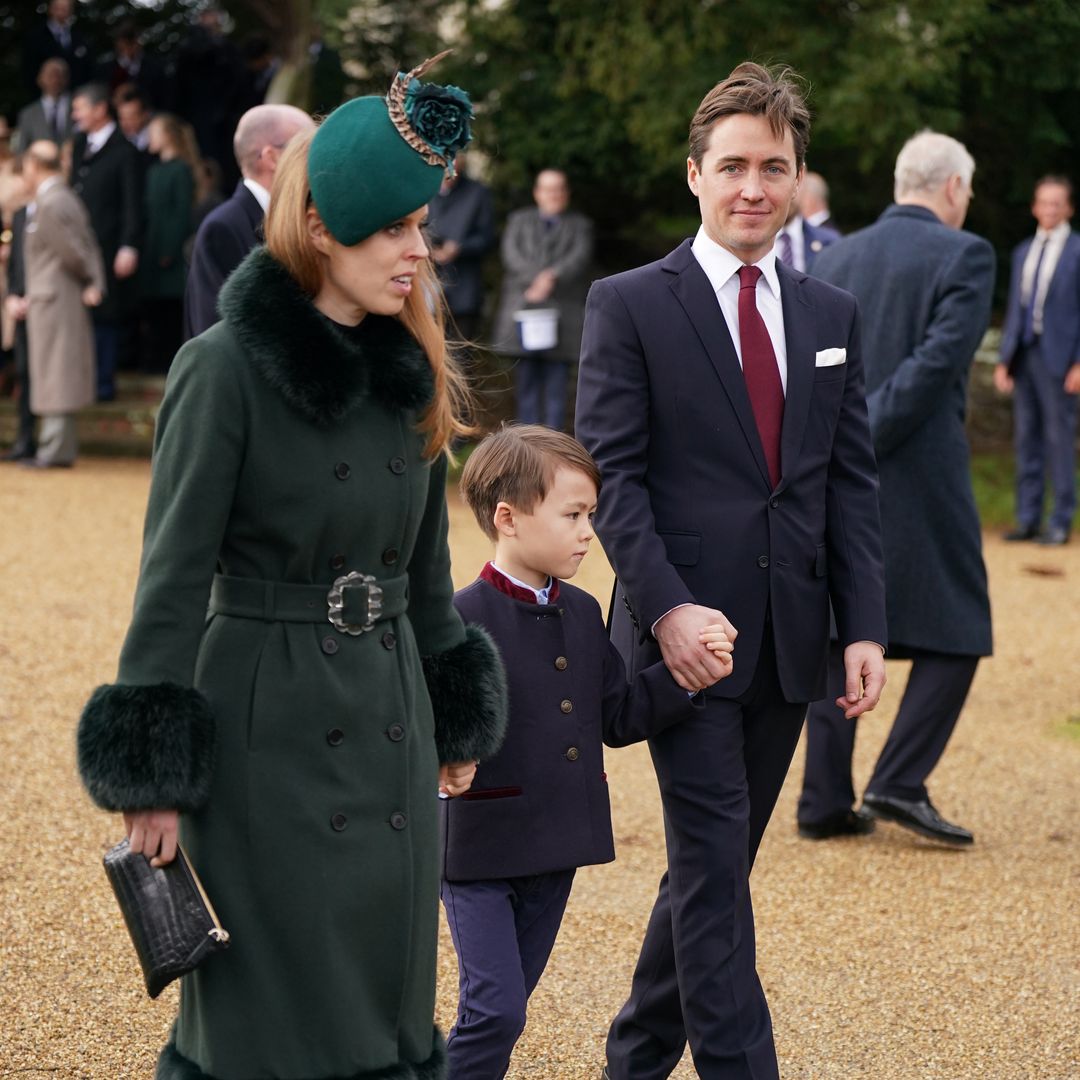During the recent World Economic Forum event in Davos, Princess Eugenie revealed that she and her husband Jack Brooksbank raise their son August, age two, in a plastic-free home to help the planet.
Eugenie, 32, who is expecting her second child, said: "At home we have no plastic, we try to as much as possible have no plastic and I'm trying to teach him that. But it's a battle."
Princess Eugenie's son August is adorable in rare video...
The daughter of Prince Andrew had a plastic-free wedding in 2018, and said of her son August: "My son's going to be an activist from two years old, which is in a couple of days. Everything is for them, right?"
She added: "Every decision we now make has to be about how August is going to be able to live his life."
It's an impressive revelation from Eugenie about her plastic-free home life, one which has us wondering how to follow in her footsteps.
MORE: Princess Eugenie is glowing in the boldest coat and bump-revealing dress
Princess Eugenie is expecting her second baby
HELLO! asked former midwife turned Baby and Parenting Expert, Rachel FitzD, who is the author of Your Baby Skin To Skin and will speak at The Baby Show, for her tips on removing plastic from the home and making more eco-friendly choices for our children.
Rachel says: "As a baby and parenting consultant, I encourage parents to lead by example and this is just what Princess Eugenie is doing: setting an example for her children… and us, and we can follow her lead.
"For those of us who do not have the sort of income that royals enjoy, there are many ways we can do our bit for the planet without it breaking the bank."
Here, Rachel FitzD shares her tips…
TOYS
Whist there are lovely natural toy products made from sustainable materials on the market, there are stacks of pre-loved plastic toys out there which, if they don’t find a new home, will simply end up on a rubbish heap for the next few thousand years - re-use them instead!
Explore the market and you will find companies that will provide you will great toys that have been pre-loved but which are still in near-perfect, safe condition, or that are new but ethically made. Children love the feel of natural materials such as wood, bamboo and cotton.
The way you live your life sets an example to your children - they are your little disciplines - so talk to them about your shopping choices and their impact on the planet and take them with you to the bottle bank and recycling centre.
Go for wooden toys over plastic
HIGH CHAIRS
It is lovely to sit your little early weaner on your lap at mealtimes but, when that gets just a little too messy, rather than heading for a garish plastic high chair, look at wooden ones such as those made by Stokke.
Stokke Tripp Trapp Highchair, £219, John Lewis
SHOP NOW
Their stylish Tripp Trapp chair is a real favourite amongst environmentally conscious parents (not to mention celebrities and award winning) for it’s smart, long-lasting design which will fast becomes your child’s forever chair. It is a real design classic that has stood the test of time as it is actually 50 years old, so that is testament to its popularity.
The chair is just as easy to clean as plastic and looks beautiful too. Many of my clients tell me they are still sitting on the ones they had as babies (it holds the wait of an adult and coverts to an adult chair).
NAPPIES
It is estimated that three billion nappies are thrown away every single year in the UK which is staggering when you consider that they cannot be recycled and so simply add an enormous load to landfill. By the time your tot is using a potty they could have got through as many as 4,000 to 6,000 nappies, whereas, if you ‘go green’ and choose reusable nappies, they will only use 20 to 30.
Made from unbleached cotton or bamboo, washable nappies are delightfully soft on the delicate skin of a baby and you don’t even need to worry about washing them if you choose a company who will supply AND launder your stash.
You will find an array of great re-usable nappy companies at The Baby Show most of whom also make muslin cloths and re-usable cloth wipes for nappy changing. Look at Cleannest Nappies, who add plant-based layers including sustainably sourced fluff pulp or The Washable Nappy company, who offer advice on choosing, using and washing cloth nappies.
Washable nappies are kind to the planet
CLOTHES
Time to dust off your sewing machine and make your own baby clothes or if, like me, that simply isn’t your gift, then buy second-hand baby clothes or use hand-me-downs. Some companies offer a hire service so that quality clothes can be re-used time and again, such as OR Collective.
If you do want to buy new, look for companies as close to you geographically as possible in order to reduce the distance that your items need to travel.
Choose natural rather than man-made materials - look for cotton and bamboo products such as Eddie & Bee who make rompers and leggings using organic cotton and think about the processing that has gone into that snazzy outfit and maybe choose one which has used fewer dyes or hasn’t been bleached.
Another option is House of Margaux, who sell organic, 100% cotton clothing and handmade in the UK.
LISTEN: Diana's reaction when her plane plunged 10,000ft in terrifying moment
SKIN PRODUCTS
Your baby’s skin is very delicate and any products you use at bath and changing times can affect the skin and increase the risk of rashes and allergies. It is advised that you use nothing except water for cleaning until your baby is at least 4-6 weeks old but there really isn’t any need to use products even after that unless your tot is into mud-wrestling!
When you do, inevitably get to the stage when a little more than a damp flannel is needed to get your little explorer clean, check out the array of gentle baby skincare products which are dermatological tested and safe for your tot. Lief do a great range as does Nala’s Baby.
FAMILY FOODS
As you begin to wean your tot onto family foods around the age of six months, use second-hand cups and bowls wherever possible (even new sustained products have been manufactured and that adds costs for the planet). There are plenty of great UK-based companies creating gorgeous items made from sustainable materials which will last your little one for many happy years.
Little ones really can drink out of regular cups rather than plastic ones, and toddlers, in particular, love to be more like their parents and be helped to drink out of ‘grown-up’ mugs. There are some gorgeous teeny mugs on the market which are perfect for smaller hands.
Don’t forget the actual food you put on your little one’s plate - steer away from products sold in one-use plastic and head for those in containers which can be saved and used again in your kitchen. Better still, cook your own family foods and save some to share with your baby - research shows that children brought up on family foods are likely to be less fussy and have a ‘broader palate’ as they grow up.
Try Kendamil, which is the only British-made baby milk out there. See Eco Rascals and Bubba Boo too.
You can hear more from Rachel at The Baby Show. The UK's Leading Baby & Parenting Shows in London ExCel, London Olympia, Manchester Central and the Birmingham NEC. Everything for Bump, Baby & You Under One Roof. Manchester Central is NEW for 2023!
HELLO!'s selection is editorial and independently chosen – we only feature items our editors love and approve of. HELLO! may collect a share of sales or other compensation from the links on this page. To find out more visit our FAQ page.
Like this story? Sign up to the HELLO! Family Hub newsletter to get other stories like this delivered straight to your inbox.
